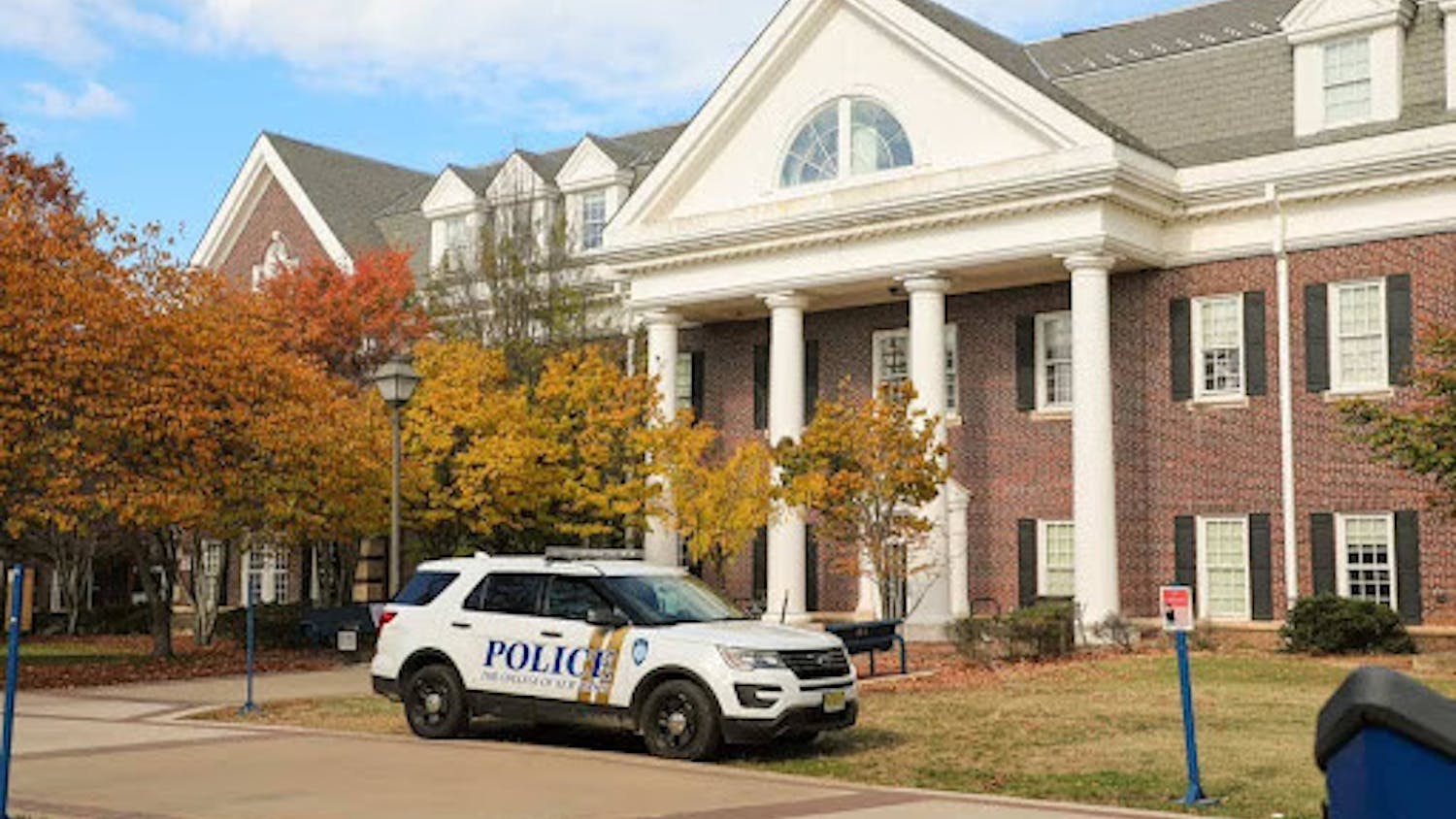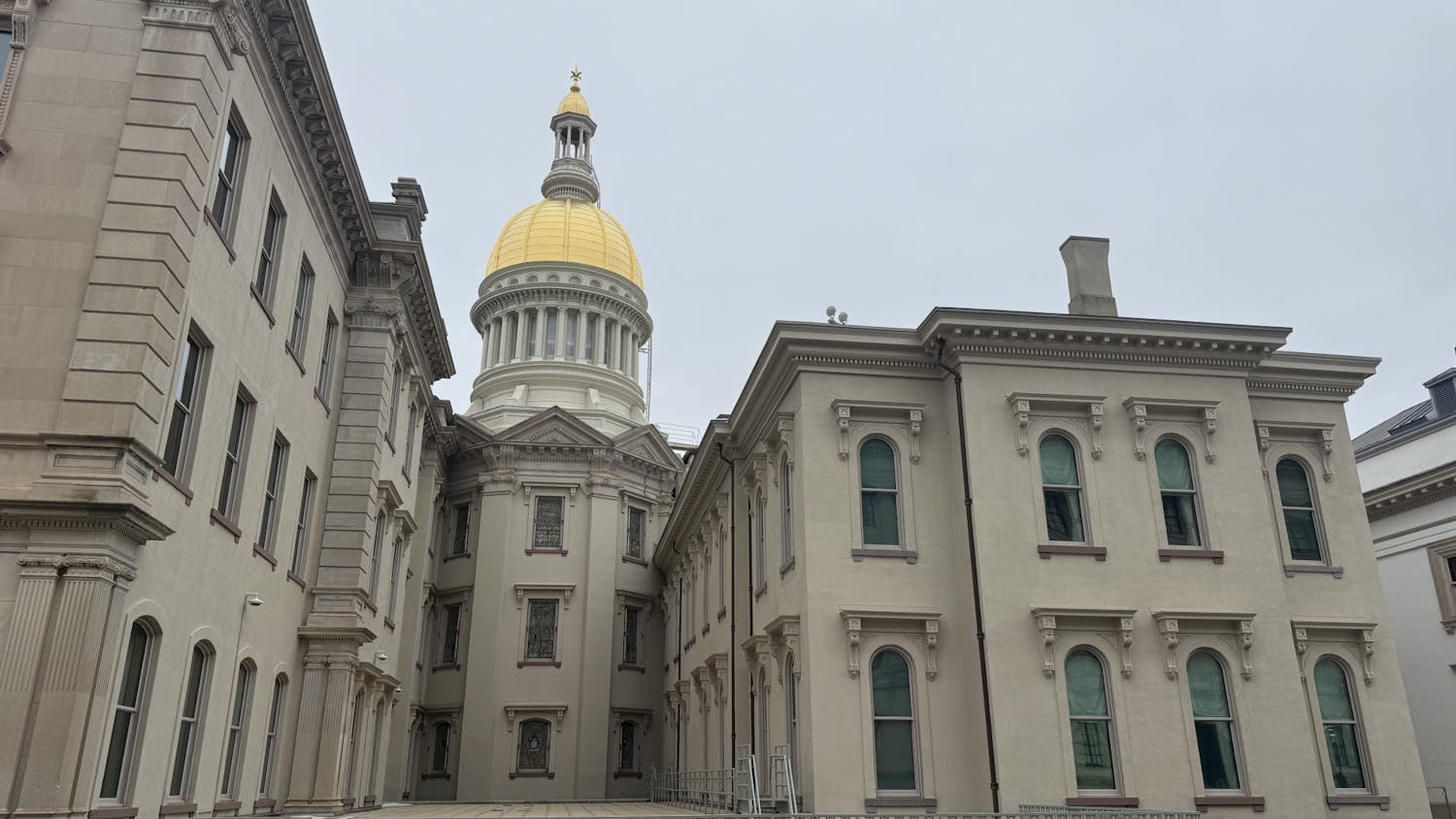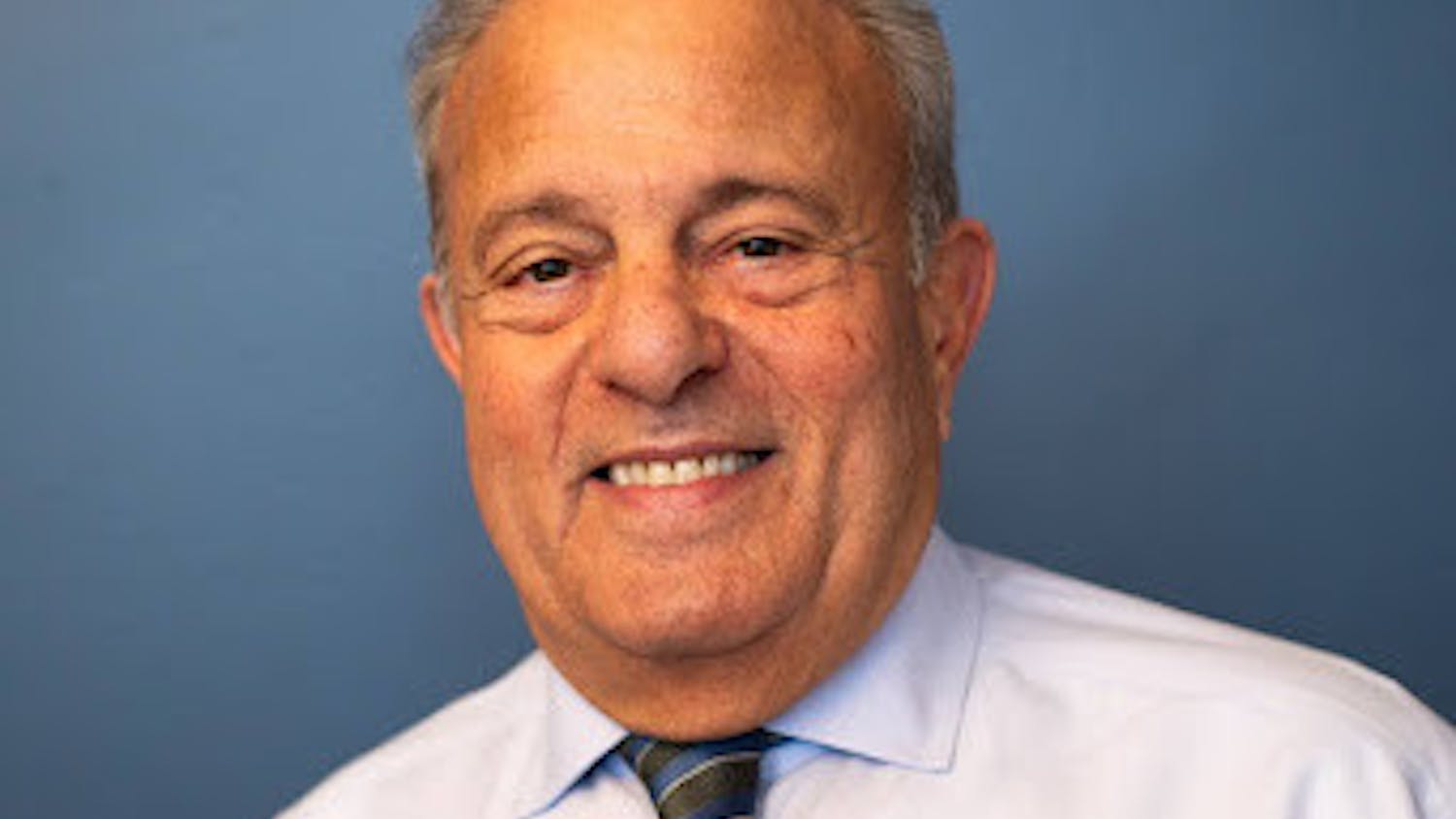After spending the past two years in Chile and Argentina as a Rotary World Peace Scholar, College alumnus Conor Fortune came back to the College last Tuesday to tell of his experiences in Latin America.
Shortly after earning his degree in philosophy and journalism in 2001, Fortune was chosen as one of 70 Rotary International World Peace and Conflict Resolution Fellows from a field of 2,500 applicants from around the globe.
The award allowed him to participate in a two-year master's program in international relations at Universidad del Salvador in Buenos Aires, Argentina.
Fortune originally became involved with Rotary International when he was a senior at the College.
"I was actually studying in Spain at the time and my roommate, who was from Georgia, told me about the program," he said.
When he found out he could be an ambassador for virtually any subject in a region of his choosing, he knew he wanted to become involved.
After applying through a series of essays and interviews, Fortune became a member of the local Rotary club, and before he knew it he was spending the next two years in Chile and Argentina.
Fortune said his success as a peace scholar was partly due to his prior experiences abroad. Born and raised near the border of Northern Ireland during the height of conflict in the country, the former Dublin resident learned a lot about the importance of maintaining peace.
Fortune also gave credit to the College's study abroad program and the support of the modern languages department, especially associate professor John Landreau, who is currently part of the Department of Modern Languages and Women's and Gender Studies Program.
One issue Fortune elaborated on was the economic collapse of Buenos Aires in 2001.
Due to intervention from other countries and the poor governance of Carlos Mennen, the country experienced a "brain drain," or a migration of the most educated citizens, as Fortune explained.
Employees were paid with lunch slips, teachers were forced to make photocopies of textbooks and Fortune even witnessed a man trade a pair of jeans for a meal.
"It makes you look at America in a different way," Matt Brazinski, senior law and justice major, said after Fortune's lecture. "You're just so used to knowing only what your own country tells you."
Fortune also discussed the World Social Forum (WSF), an organization for the change of the United Nations' Eurocentric policies.
The Forum was developed as a counter-movement against the Davos-based World Economic Forum (WEF), an independent, international organization that provides a framework for global leaders.
According to the WSF, the WEF prevents the fair and rightful election of leaders around the world.
For three of the past four years the WSF has met in Porte Alegre, Brazil. Most recently, a group of 19 thinkers from the global South collaborated on a document appropriately titled the Porte Alegre Manifesto. The paper outlines 12 points for a new and improved world.
The Rotary scholarship program began in 2002, with Fortune joining a year later.
Since then, he and his classmates have been involved in a wide array of activities, including war games with the Argentinean navy, hikes through Peruvian jungles, and broadcasts from the Costa Rican base of Radio for Peace.
While Fortune was not able to get the computer to display slides of his travels throughout Latin America, he did bring various artifacts that he collected from the numerous regions he visited.
"I think they really reflect the cultures of the countries they come from," Fortune said.
A Chilean rain stick, a Bolivian beret, a Guatemalan bag and a gourd for drinking mate (a coffee-like substance) were just a few of the items that he displayed.
Fortune encouraged young people across the nation to read up on global affairs, talk to politicians and travel as much as possible. "Indigenous people represent 300 million of the world's population" he said, "and more than 4,000 are repressed in horrible ways and requesting for relief."






